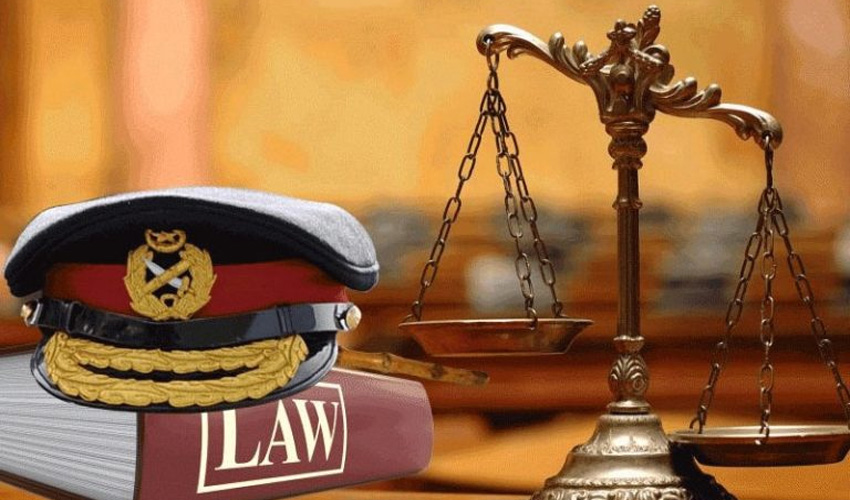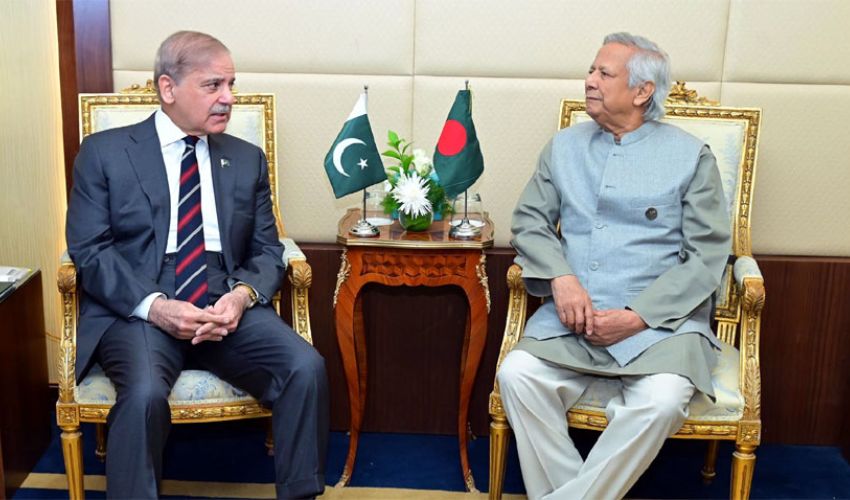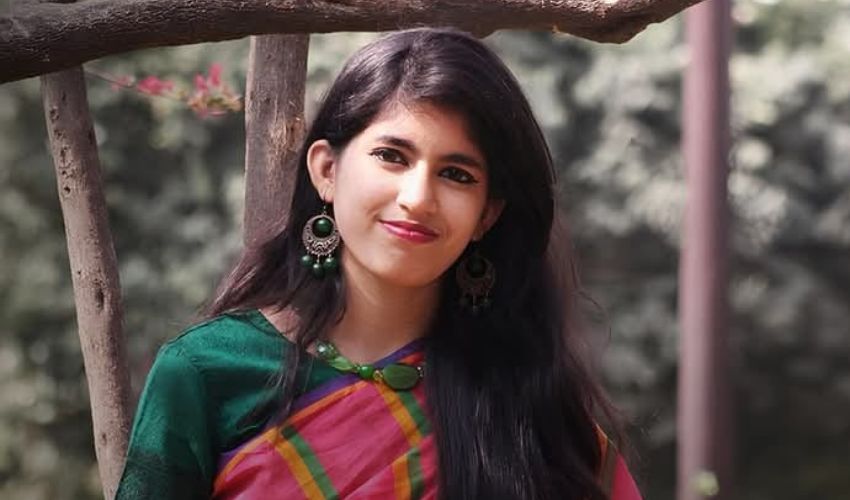The Supreme Court on Monday adjourned the hearing of intra-court appeals challenging the nullification of civilian trials in military courts, with proceedings set to continue on Tuesday. The constitutional bench also withdrew a fine of Rs20,000 previously imposed on former chief justice of Pakistan Jawad S Khawaja.
During the session, intense discussions unfolded over the legality and constitutionality of trying civilians in military courts. Justice Hassan Azhar Rizvi questioned, "Is there no difference between a bomber and a civilian?" suggesting a distinction in how the legal system should approach each.
On the other hand, Justice Jamal Khan Mandokhel posed a critical question: "A terrorist attack is the same, then why are some tried in general courts and others in military courts?" He aimed to highlight the inconsistency in the application of justice for similar crimes.
Ahmed Hussain, counsel for former CJP Jawad S. Khawaja, completed his arguments, firmly stating that “there can be no court-martial of civilians under any circumstances”. He argued that the procedures of military courts violate the principles of a fair trial, asserting that if court-martialling civilians were permissible, the 21st amendment, which introduced military courts to try terrorism suspects, would not have been necessary.
“If the court’s decision nullifying civilian trials in military courts is upheld, no terrorist or accused individual will benefit,” Hussain argued, urging the court to dismiss the appeals and prevent any precedent that might allow civilian trials in military courts in the future.
Justice Aminuddin Khan assured, “We are not opening any doors. It remains to be seen whether the appeal is accepted or dismissed.”
Justice Mandokhel raised critical concerns over the scope of the Army Act, questioning whether it should apply selectively based on the institution attacked. “If, God forbid, there is a terrorist attack on the Parliament House, the Supreme Court, and GHQ, will the attack on Parliament House and the Supreme Court be tried in anti-terrorism courts while the GHQ attack is tried in military courts? In my view, all three attacks are the same, so why and how is the distinction made?” he asked.
Salman Akram Raja, representing individuals convicted by military courts, began his arguments by challenging the interpretation of the FB Ali case, which was cited by opposing counsel. “The FB Ali case does not suggest that fundamental constitutional rights do not apply to the provisions of the Army Act,” Raja stated, arguing that after the introduction of Article 175(3), there was no constitutional space for executive courts like military tribunals to try civilians.
He further argued that “the military trial of civilians is viewed globally as a violation of constitutional principles.” Highlighting inconsistencies, Raja pointed out that individuals named in the same first information report (FIR) were treated differently, with some handed over to the army while others were tried in civilian courts.



























